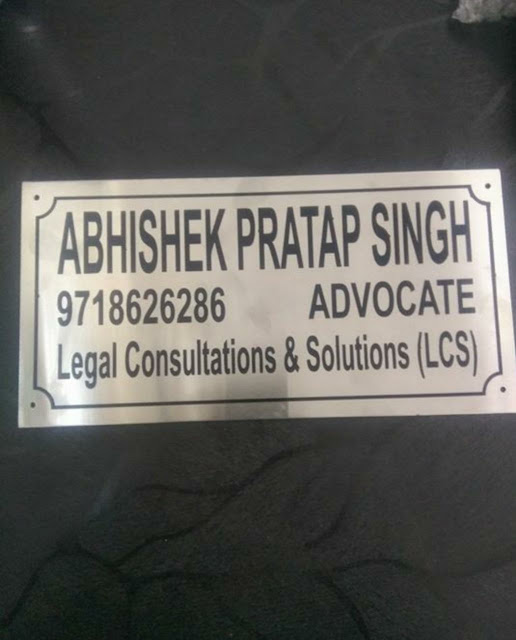Status of converted Christian in his Ancestral property.

A Hindu Undivided Family (HUF) is governed by the Hindu Succession Act and according to the law, Hindus who may have converted to any other religion can still lay claim on their ancestral property. Earlier, if a legal heir converted into another religion, it could mean forfeiture and exclusion from the family property. However, under the provisions of the Caste Disabilities Removal Act, 1850, as stated in the E Ramesh and Anr. versus P Rajini and 2 Others case, things have changed. Now, a Hindu convert will not lose right over father’s property even after renouncing his religion. However, according to Section 26 of the Hindu Succession Act, a convert’s child/children will be disqualified from inheriting the property of their Hindu relatives unless they are Hindus at the time. The Bombay High Court in its recent decision in Balchand Jairamdas Lalwant v. Nazneen Khalid Qureshi (Appeal from Order No. 1175 of 2014) dated 6th March, 2018 whilst discussing the iss...

